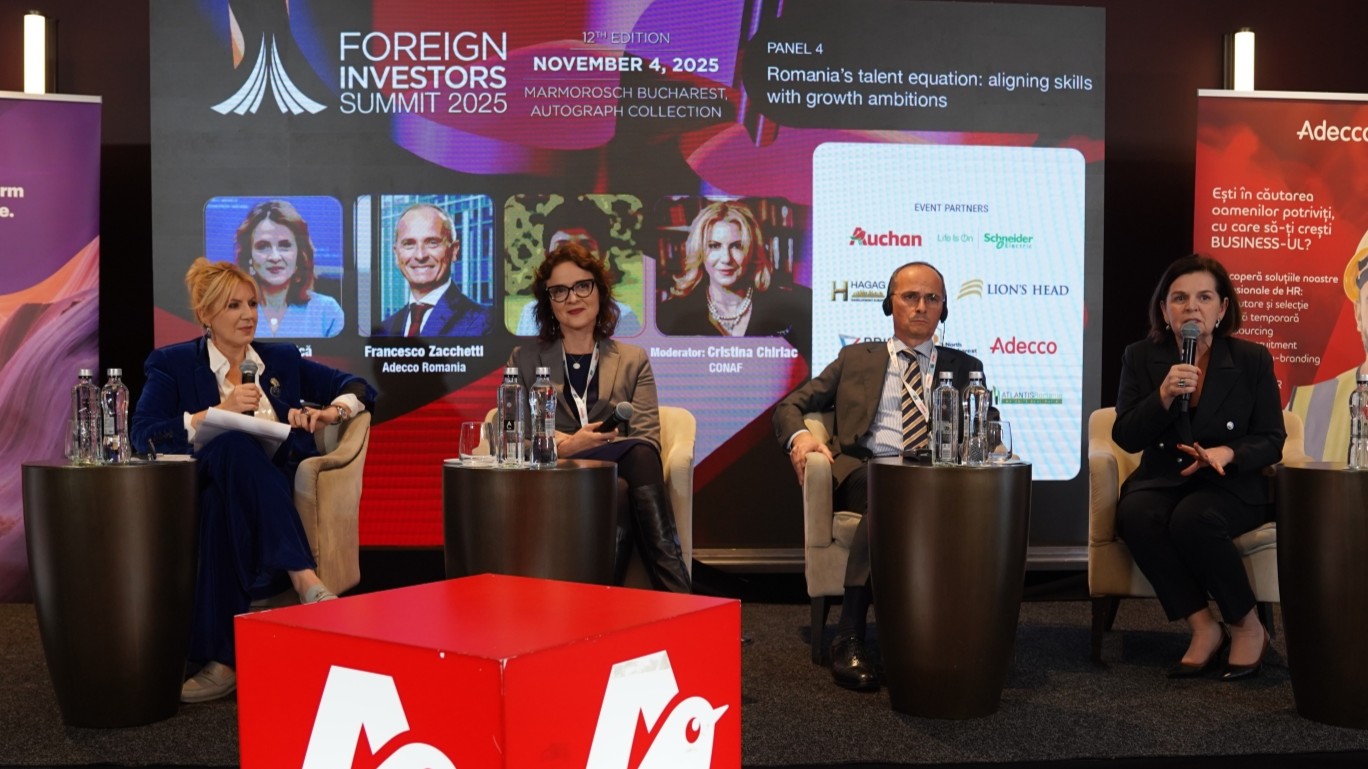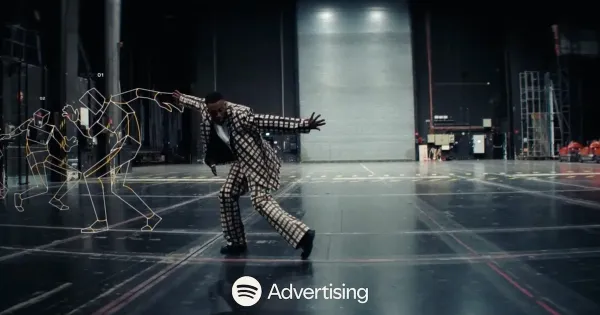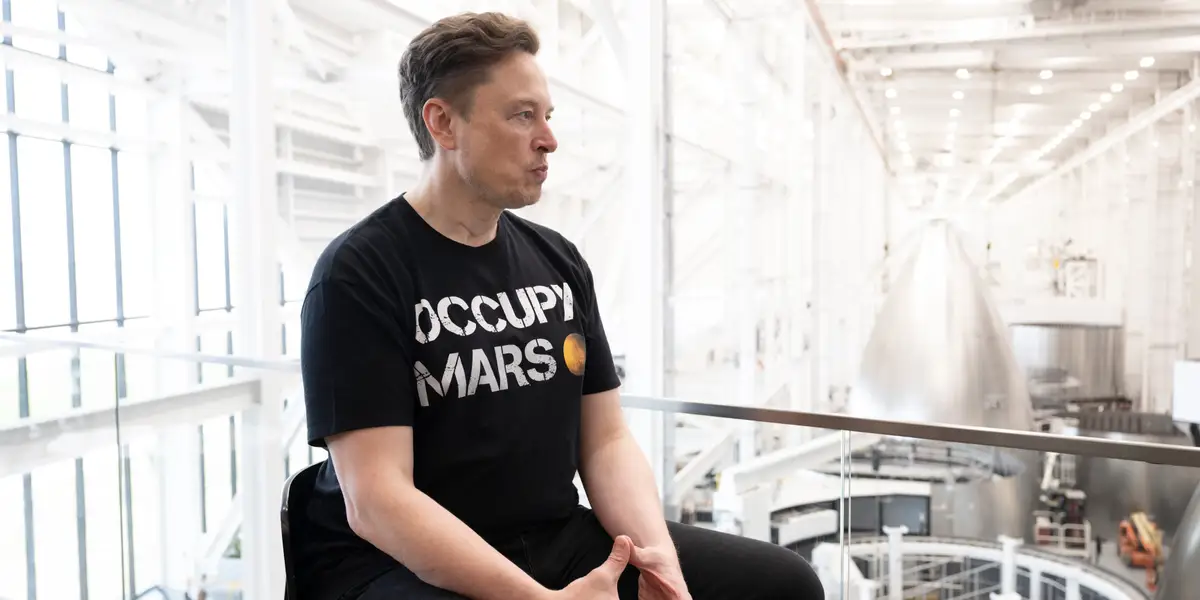Copyright business-review

At the Foreign Investors Summit 2025, the panel “Romania’s talent equation: aligning skills with growth ambitions” brought together leading voices from government and business to discuss how workforce adaptability, education reform, and corporate engagement can sustain Romania’s competitiveness in an era defined by automation, AI, and demographic change. The conversation set out to identify not only the challenges ahead, but also the policies and partnerships needed to turn human capital into a long-term national advantage. Keynote: Global Workforce of the Future study As an introduction to the panel disucssion, Cristian Panțir, Head of Sales at Adecco Romania, shared key findings from the company’s Global Workforce of the Future – October 2025 study. The report, which spans over 60 countries—including Romania and its regional peers—explores how employees perceive the growing influence of artificial intelligence on their work, their skills, and the evolving role of their organisations. “The study reveals three major global trends,” Panțir said. “First, employees want the purpose of their work and the missions of their organisations to be clear and meaningful. 73% say AI is already changing how they work, and many are using the time saved through automation for strategic thinking, training, or quality checks.” The second key finding highlights that even in the age of automation, human interaction remains central to productivity and engagement. “More than half of respondents expect AI tools to become part of their daily workflows within the next year,” he explained. Finally, Panțir emphasised the need to build trust in job redesign. “AI is no longer just a trend; it’s already reshaping how people work. Organisations must redefine roles, involve employees in change, and clearly articulate how technology adds value rather than replaces it.” Zooming in on Romania, the survey showed that nearly half of Romanian respondents believe AI will help their jobs evolve rather than disappear. On average, workers reported saving 66 minutes per day through AI tools—the equivalent of an extra working day each week. “This productivity gain can be transformative if channelled into learning and innovation,” Panțir added. The Adecco presentation set the stage for a high-level discussion on Romania’s workforce transformation, bridging insights from global data with local realities. Panel insights Moderated by Cristina Chiriac, President of the National Confederation for Women Entrepreneurship (CONAF), the panel examined how Romania can close its widening skills gap while building a labour market ready for technological transformation. Chiriac opened the discussion by drawing attention to the country’s uneven progress. “Romania is at a crossroads between courage and fear,” she said. “Between the enthusiasm of change and the need for security. We have young people who dream of Silicon Valley and parents who still hope to retire in Romania.” She noted that only 62.9% of Romanians are economically active—well below the EU average—and that nearly a quarter of employees work in roles unrelated to their studies. “Without relevant skills, and amid low wages and migration, Romania remains vulnerable. But the fact that 70% of employees believe AI will open their minds rather than replace their jobs shows there’s still optimism,” she added. From the government’s perspective, Silvia Dinică, Deputy Minister at the Ministry of Labour, Youth, Family, and Social Solidarity, underlined the urgency of policy coordination. “We need to better connect education with the real economy,” she said. Drawing on her experience shaping labour policy, she invoked a vivid metaphor: “We have to ‘mind the gap,’ just like the London Underground sign warns. That gap in skills, participation, and relevance creates major challenges across the labour market.” Dinică pointed to ongoing efforts to expand dual education and partnerships between universities and employers. “The pace of AI development is a constraint that forces us to reorganise faster. Dual learning must not stop at vocational schools but reach higher education as well. We need to create new specialisations that reflect real labour market needs, sooner rather than later,” she said. The Deputy Minister also mentioned plans to strengthen participation in the workforce and explore short-term training programmes. “We’re looking at how bootcamps of three to six months could address specific employer needs through focused upskilling rather than full reskilling. It’s about providing support, not fiscal burden.” Francesco Zacchetti, Country Manager of Adecco Romania, brought an international perspective on how companies can turn workforce uncertainty into long-term strength. “We are living in a world where uncertainty is king,” he said. “But across all the countries I’ve worked in, one thing remains constant: people are the true capital of any organisation. Companies aren’t just buildings; they are made of human potential.” Drawing on his experience leading Adecco’s operations in multiple markets, Zacchetti noted that Romania has a strong foundation of talent but that employers must play a more active role in retaining and developing it. “As a human-capital manager, I can tell you Romania has very good capital,” he said. “But we have to involve employers in helping people stay and grow. My purpose as a manager is to help the company retain talent and involve people in our shared goals.” He underlined that this effort requires structure and collaboration. “We need tools to make this work, and those tools must come through cooperation with institutions, especially for training and skilling,” he added. For Zacchetti, long-term competitiveness will depend on a partnership between businesses and the state to build continuous learning frameworks. “Formal schooling matters, but even more important is continuous learning, driven by companies and supported by government policy. Strong legislation and predictable frameworks are mandatory if we want a sustainable future for the labour market.” He also linked the question of talent to the human side of technological change. “AI and digital transformation shouldn’t be sources of fear,” he said. “If employees feel part of the company’s purpose, they will embrace technology as an ally rather than a threat. When people feel included, 99% of them will become more confident in using technology to achieve their goals.” The business reality of talent retention was also addressed by Carmen Petcu, General Manager of De’Longhi Group Romania, who highlighted the growing difficulty of keeping skilled workers in the country. “The pressure to retain employees is enormous,” she said. “We compete with other European markets that offer higher salaries, and talented people are hard to keep.” Petcu stressed the need for consistency in education and workforce policies. “What we teach in primary school has no impact on the next five years, but it defines what will happen in the next twenty,” she explained. She called for a pragmatic approach to digitalization and AI. “Schools aren’t there just to teach us how to use digital tools. They are meant to give us the intellectual rigour and general culture we need to adapt to change. Romanians often put novel or extraordinary things on a pedestal, fearing what comes from outside. But AI shouldn’t be feared because it can actually simplify work for everyone if we make it accessible and practical.” The panel also reflected on the generational transition reshaping the workforce. As Petcu noted, “Millennials are now entering their 30s and will become the core of our labour market. They must be prepared for challenges we can’t yet predict.” Throughout the discussion, Chiriac steered the dialogue toward a shared understanding of responsibility. “Bridging the gap between education and employment is not only the state’s duty; it’s a collective one,” she said in her closing remarks. “Public institutions, private companies, and civil society must act together if we want a workforce that matches Romania’s growth ambitions.” The conversation offered both a sober diagnosis and a hopeful outlook: while Romania faces structural challenges in aligning skills with the demands of a fast-changing economy, it also benefits from a new generation of leaders willing to rethink how education, technology, and purpose intersect.



